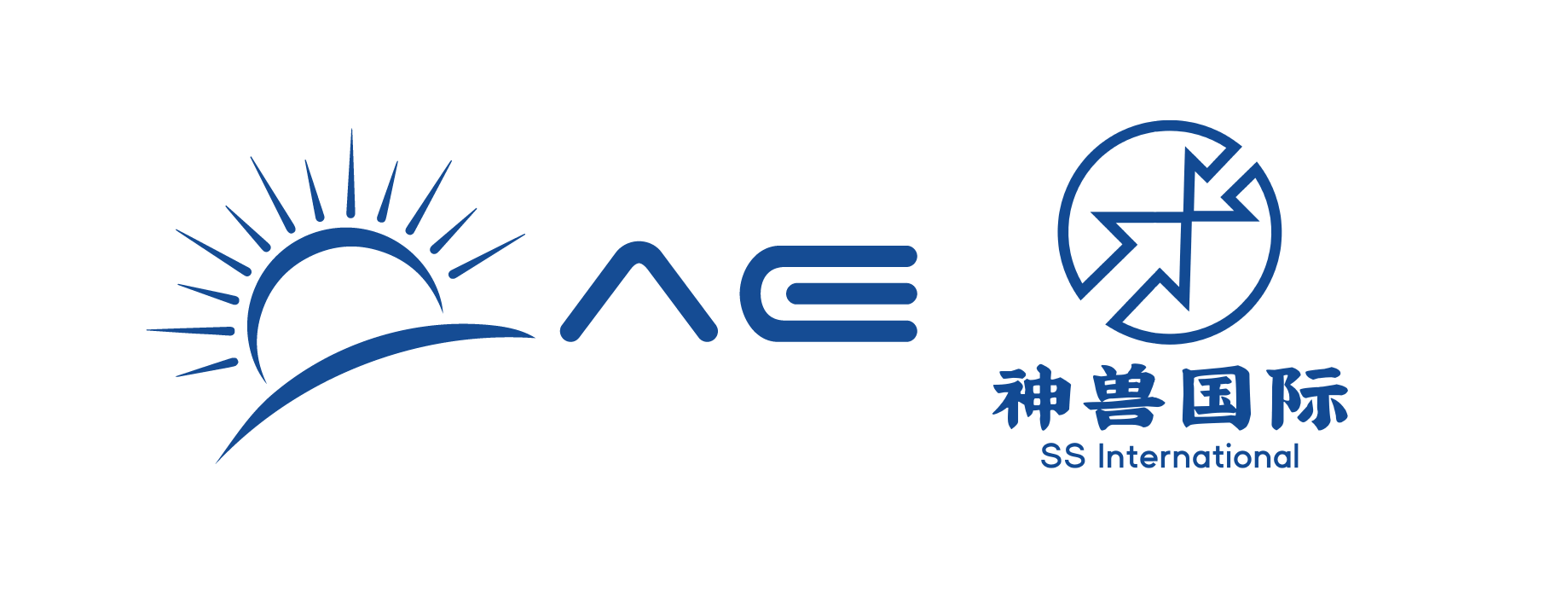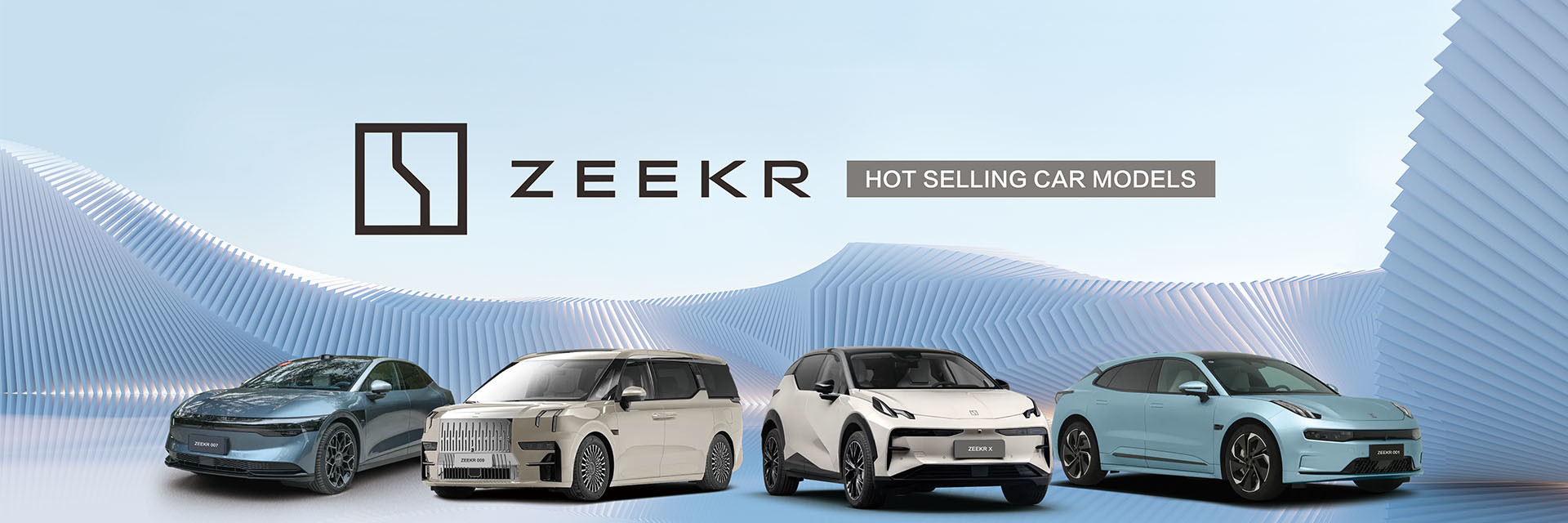European Battery Industry Revival Challenges
As the demand for electric vehicles in Europe slows down and manufacturers reduce battery orders, Europe's plan to build a super battery factory to compete with Asian manufacturers has been frustrated. Recently, BMW Group canceled its large battery order for the Swedish battery manufacturer Northvolt, valued at up to 2 billion euros. At the same time, Northvolt also stated that the company is re-examining the plan to build a new factory in Borlange, central Sweden, but no decision has been made yet. Previously, foreign media reported that Northvolt planned to cancel this project.
With the change in the demand of the electric vehicle market, it is prompting major manufacturers such as Volkswagen Group, Stellantis, and Mercedes-Benz, as well as their suppliers, to readjust their electric vehicle and battery production plans. In the fierce international competition, Europe's efforts to boost its local power battery industry seem to be gradually losing momentum.
🔋 Northvolt, a Swedish battery startup established in 2016, carries the dream of Europe to create its own "Contemporary Amperex Technology Co. Limited (CATL)". Before the establishment of Northvolt, the global power battery capacity was mainly distributed in the Asian region, and Europe had no well-known local power battery enterprises. Incubating a battery enterprise that can compete with Asian manufacturers such as CATL, Korea's LG New Energy, and Japan's Panasonic is a common goal of European politics and business. Therefore, Northvolt has become the hope of Europe and is the real "number one in European batteries". In its growth process, it can be said to have received the full support of the whole of Europe.
Looking back at 2017, the European Commission took the lead in establishing the "European Battery Alliance", hoping to establish Europe's leading position in battery production through the joint efforts at the EU level and within EU member states, to get rid of dependence on Asian manufacturers. "As the President of France, I cannot stand by and watch all the batteries for our electric vehicles come from Asian manufacturers. In terms of national sovereignty and strategic security, I believe that in the long run, it is not a good thing for France and European industry to be 100% dependent on others. Therefore, in terms of batteries, we need to sound the alarm for Europe." This is a statement made by French President Emmanuel Macron at the International Organization of Motor Vehicle Manufacturers (OICA) forum in February 2019.
Given the huge growth potential of the power battery value chain, the European Commission has included it as one of the key strategic value chains of the EU and approved two major battery projects. Specifically, the first project was approved in December 2019, with the support of 7 member states and 3.2 billion euros in public funds, including a 1 billion euro investment from the German government and a 750 million euro investment from France to accelerate research and development and production in the European battery field. The second project was approved in 2021, with the support of 12 member states and 2.9 billion euros in public funds.
At that time, Northvolt was seen as one of the hopes for the revitalization of the European battery industry, and large car companies such as Volkswagen Group and BMW were protecting it. In 2019, with Volkswagen Group and Goldman Sachs Commercial Banking Department's fund as the main investors, and BMW, Swedish Folksam Insurance Group and other companies participating, Northvolt announced the completion of a $1 billion equity financing, planning to build its first European lithium-ion battery factory in the city of Skellefteå in northern Sweden, and planned to establish a joint venture with Volkswagen Group in Germany to build a battery factory. As a result, Volkswagen Group also became one of the major shareholders of Northvolt.
According to statistics, from 2018 to 2023, Northvolt's total financing exceeded 10 billion US dollars, showing the high expectations of all parties in Europe for this local battery enterprise. In addition to financial support, Northvolt also received orders worth more than 55 billion US dollars from major customers such as Volkswagen Group, BMW, and Volvo Cars. Speaking of BMW's order, in July 2020, it signed a contract worth 2 billion euros with Northvolt, planning to purchase battery cells for its electric vehicle models. At that time, BMW stated that as part of a long-term contract, Northvolt would produce battery cells in a new factory in northern Sweden using renewable electricity and start delivery from 2024.
However, German media including Manager Magazine recently reported that Northvolt failed to fulfill the battery supply contract on time, and South Korean manufacturer Samsung SDI will provide the batteries needed by BMW. Manager Magazine mentioned that there may be two reasons for BMW's order cancellation, one is that the battery quality provided by Northvolt "did not meet expectations", and the other more important reason is that the latter failed to deliver the battery products on time.
Northvolt has planned four battery factories, the first two are located in Sweden, and the latter two are located in Germany and Canada. So far, only the first factory in Skellefteå, Sweden, has been put into production, and there were previous reports in the Swedish local media that the factory's capacity utilization rate is less than 5%. Northvolt obtained a financing of 5 billion US dollars in January this year to accelerate the construction of other European and North American factories, but in the face of large orders from many companies, Northvolt is not satisfactory in terms of capacity delivery and product quality, which has become the main reason for BMW to cancel the order.
🌐 The intensification of international competition and the outflow of some capacity can be said to make the hope of Europe's revitalization of the local power battery supply chain even more slim due to China's "price war" and the subsidies of the US government. "The 'price war' in the Chinese car market has made the pressure to reduce costs from the host factory to the supplier, which gives Chinese battery companies a huge cost advantage; and the United States has attracted battery manufacturers to invest and build factories locally through the localization ratio and generous subsidies proposed in the Inflation Reduction Act. Especially China, it is also in a leading position in the research and development of the next generation of battery technology. This means that in the competition to drive future electric vehicles, Europe has the risk of falling further behind." "European Automotive News" pointed out.
Taking lithium iron phosphate batteries as an example, because they are cheaper than ternary lithium batteries, coupled with continuous innovation in recent years, they are increasingly favored by the host factory, and Chinese companies are leading in this field, and their products are more competitive. Recently, some European manufacturers have also started to enter this track.
ACC is a joint venture established by Stellantis, Mercedes-Benz, and the battery subsidiary of the French Total Energy Saft, which has planned three battery factories in Europe, of which the French factory has been put into production. In early June this year, ACC announced the suspension of the construction of battery factories in Germany and Italy. The company said that due to changes in market demand and a reassessment of cost-effectiveness, they need to develop low-cost batteries, because the host factory is promoting affordable electric vehicle models, and lithium iron phosphate batteries are a good option. ACC CEO Jan Vincent said that the demand for electric vehicles in the European market has slowed down, and it is expected that growth can only be achieved in the affordable market, and Stellantis and Mercedes-Benz are looking for low-cost battery solutions for their planned entry-level electric vehicle models.
Compared with China, which has technological and cost advantages, in order to attract foreign investment, the United States, Canada, and other places have given huge subsidies. Volkswagen Group's previously announced third battery factory is located in Canada, one of the important reasons is that the Canadian government has promised to provide it with more than 10 billion US dollars in huge subsidies in the form of tax deductions. And the US Inflation Reduction Act also provides large-scale tax deductions. As a result, Volkswagen Group chose to build a battery factory in Canada and an electric vehicle factory in the United States.
Stellantis and LG New Energy's battery factory project in Canada also received more than 11 billion US dollars in subsidies. Even Northvolt, which was supported by the European political













 IPv6 Network Supported
IPv6 Network Supported
